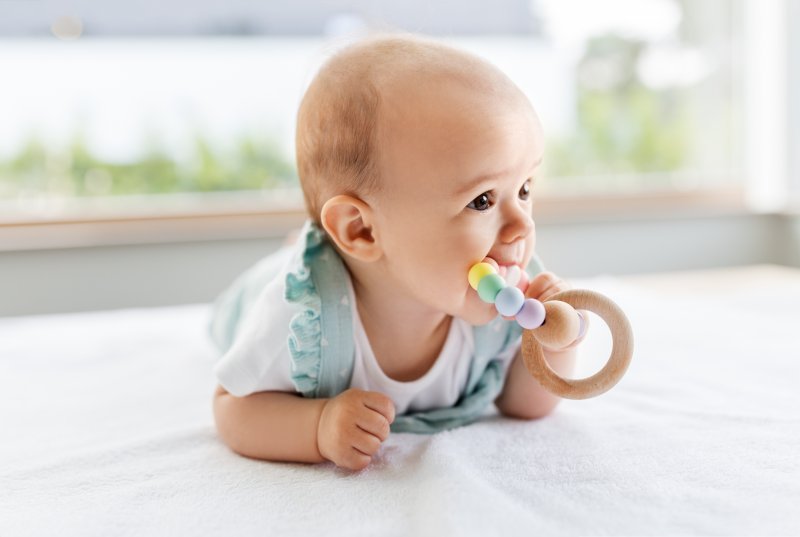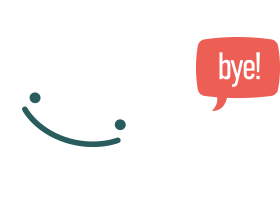 As a parent of a toddler, you may wish for nothing more than for your child to tell you when something is wrong. Playing the guessing game any time your child is upset about something can become really tiring after a while.
As a parent of a toddler, you may wish for nothing more than for your child to tell you when something is wrong. Playing the guessing game any time your child is upset about something can become really tiring after a while.
If you’ve noticed that your child is irritable, drooling, and that they’re chewing on everything in reach, it could be that they’ve recently started teething. If you want to know how to tell, and what you can do to ease your child’s discomfort, here’s a guide that may be able to help you.
How Do I Know If My Child is Teething?
Teething occurs when child’s baby teeth start to sprout, and it normally begins at around 6 months old. It can cause a lot of discomfort for your child in their gums, chin, and around the rest of their face. If your child has started teething, you may notice:
- Drooling: When their teeth start coming in, you’re bound to see the waterworks start. The drooling will start in earnest at anywhere from 10 weeks to 4 months, and can continue until all your baby’s teeth have come in. Often, the drooling can be so intense that it chafes at the baby’s chin, face, and even chest. You may need to get your baby a bib, or vigilantly wipe away their drool.
- Coughing: In a similar vein, your baby could potentially cough or gag on their saliva. This can certainly sound scary, but isn’t that much of a threat to your child’s health.
- Irritability: Teething will make your baby incredibly fussy. You can expect a lot of crying, whining, and waking up early in the night.
- Biting: Of course, your baby will be chewing on everything that they can to ease the discomfort they’re feeling, including your hands, toys, and even your nipples!
What Do I Do If My Child is Teething?
If your child is fussy, drooly, and chewing on the walls, there are a few things you can do to ease their discomfort. Teething toys, like bumpy rubber rings, can help a lot, as can soft rubber toothbrushes rubbed firmly on your child’s teeth. Cold compresses and refrigerated toys can also be incredibly effective relief for your child.
However, it’s worth noting that there are a lot of teething solutions that you should avoid. Rubbing alcohol, numbing ointments, and amber teething necklaces can all be hazardous for your child, for various reasons. Many “holistic” teething remedies are also ineffective, meaning that they put your child at risk for no real benefit.
About the Author
Dr. Veronica Martinez is a pediatric dentist who loves nothing more than being able to help children have the healthiest smile & the happiest lives that they can. She loves being able to combine her passion for children and helping people in her work. Dr. V received her dental degree from the Marquette University School of Dentistry, then specialized in pediatric dentistry at Children’s Hospital of Wisconsin.
If you have any questions about how to tell that your baby is teething, we can be reached at our website or by phone at (480) 282-6746.





